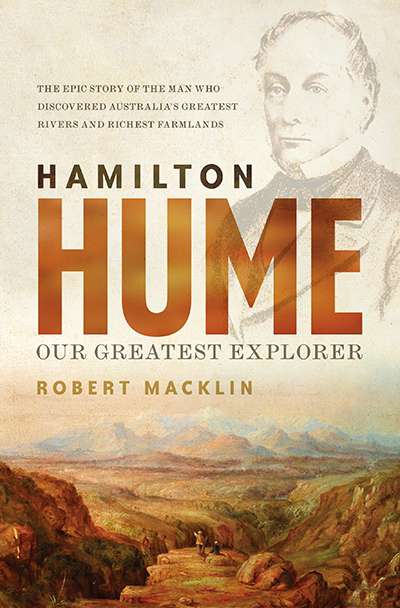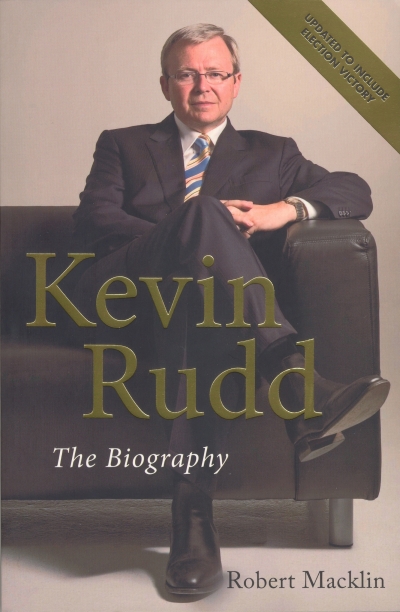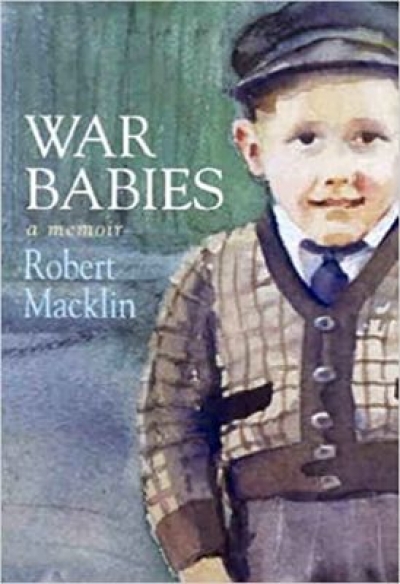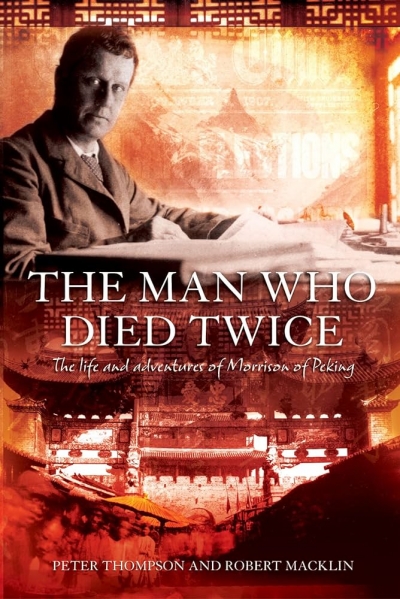Between the ages of twelve and seventeen, the name Morrison seemed to be almost everywhere I looked. Scraping and stumbling through Geelong College, I attended assemblies in Morrison Hall, was a member of Morrison House, and daily passed a trophy cabinet in which was exhibited a copy of Morrison of Peking (1967), Cyril Pearl’s biography of George Ernest ‘Chinese’ Morrison (1862–1920), a scion of the founding family in whom its pride was visible.
It would be nice to say that the example of Morrison’s life spurred me to tackle journalism, what he called ‘the noblest of all the professions’, with its emphasis on ‘energy, courage, temperance and truthfulness’. But truth be told, he was at the time a little too exotic to take in – as Peter Thompson and Robert Macklin put it in their new biography, ‘a Scot by breeding, an Australian by birth and experience, British imperialist by choice and a Sinophile by compulsion’. Only later did I find myself bewitched by An Australian in China (1895), the vivid pedestrian’s panorama that Morrison wrote about his foot slog from Shanghai to Rangoon, which became, as it were, his successful job application to The Times.
...
(read more)




